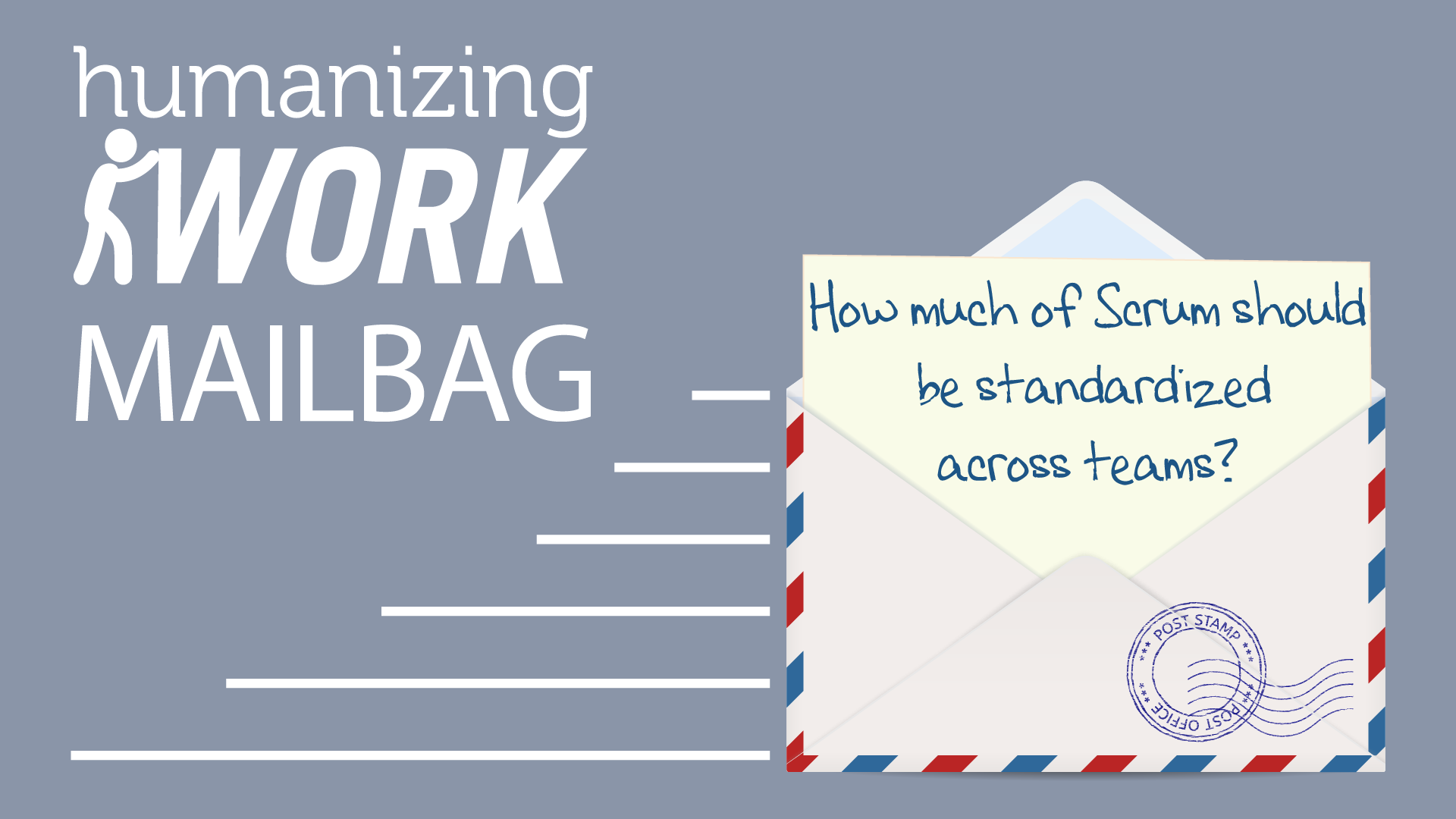How to Get the Quiet Ones to Engage
“How can I get the quiet people in my meetings to speak up? Especially since we’ve gone remote, it feels like maybe a third of… Read More
“How can I get the quiet people in my meetings to speak up? Especially since we’ve gone remote, it feels like maybe a third of… Read More
In this episode, Richard and Peter share their favorite tool for figuring out what to do in a frustrating situation where you don’t have the power to just fix it, including a few real examples. Read More
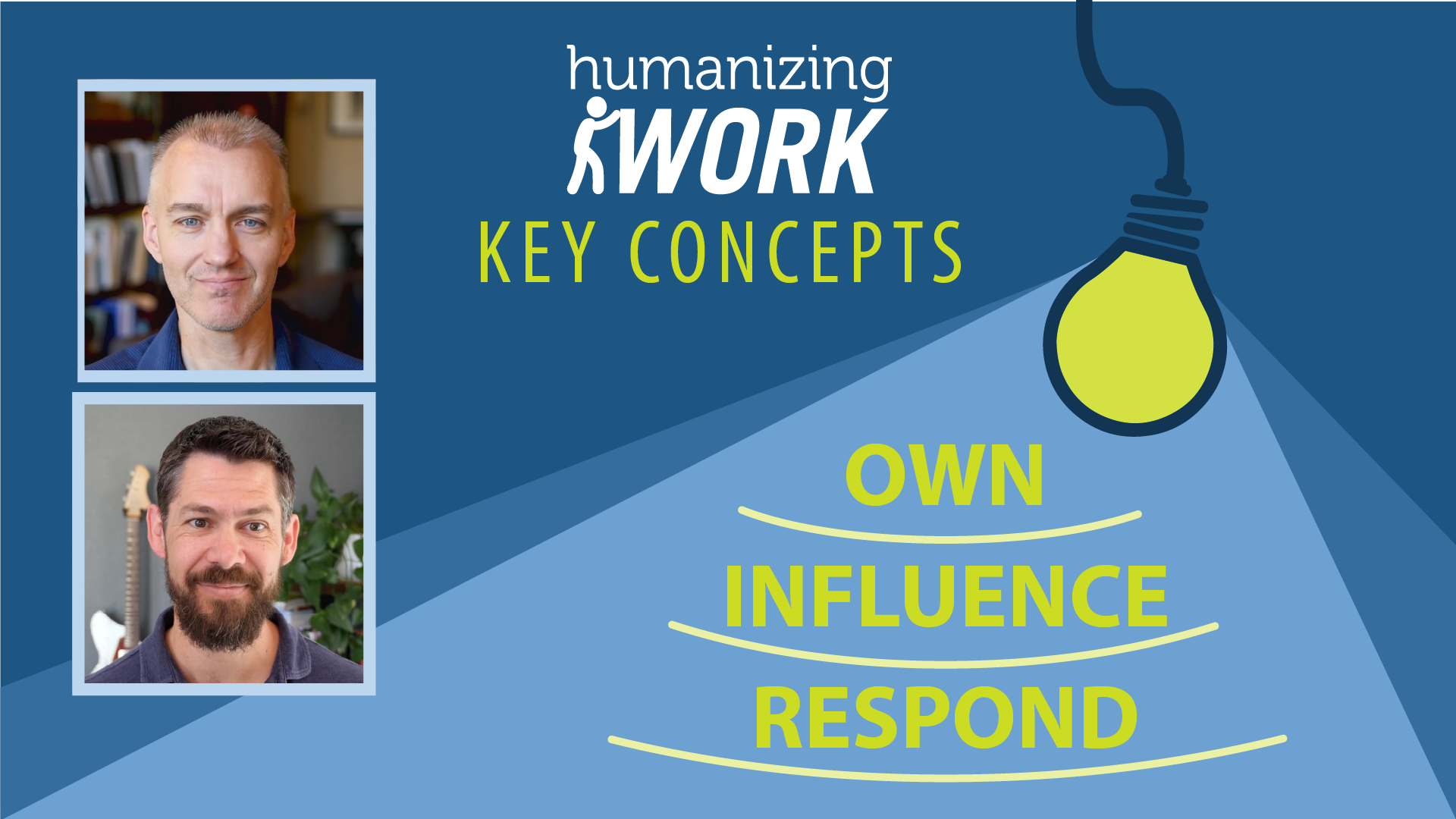
In this episode, Richard and Peter look at how customer research tools are useful in all kinds of contexts beyond product development. Got a relationship with a stakeholder at work that you’d like to improve? Learn how you can use customer research tools to better understand that stakeholder’s needs and how you and your team can help solve them. Read More
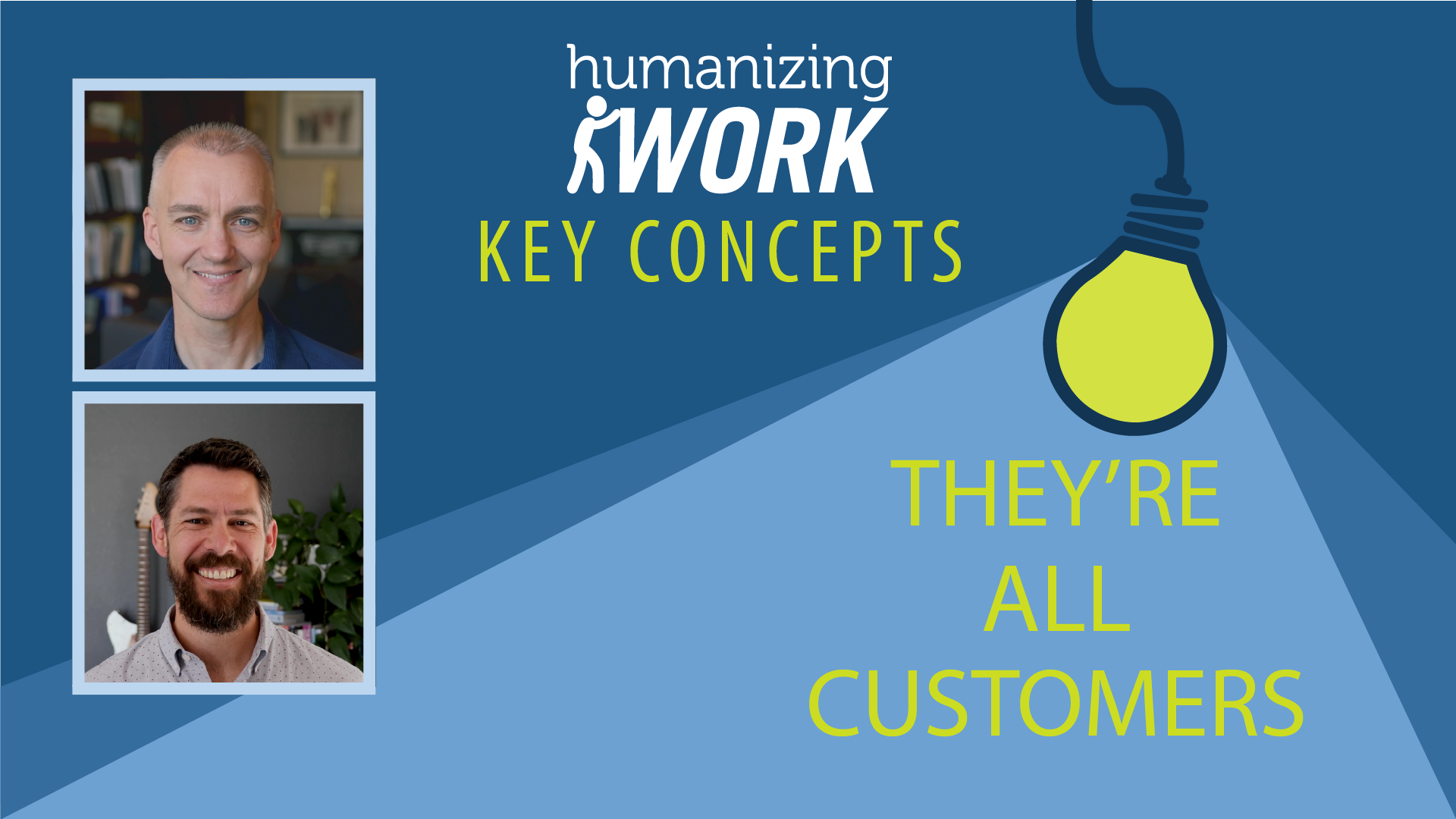
We launched a new Advanced Certified Scrum Product Owner (A-CSPO) cohort last week. Week 1 of our program focuses on modeling and communicating about… Read More
“Our team needs to collaborate more.” “We need to have tight coordination on this effort.” How are these two different? While collaboration and coordination are… Read More
How do you assess the health of a team? You could conduct surveys and interviews of team members and stakeholders. You could look at the results the team produces. You could watch them work for a week or two. Or, as Peter & Richard explain in this Humanizing Work Show episode, you could just observe a team’s Daily Scrum (aka Daily Standup) and learn 80% of what you need to know about health of a team. Read More
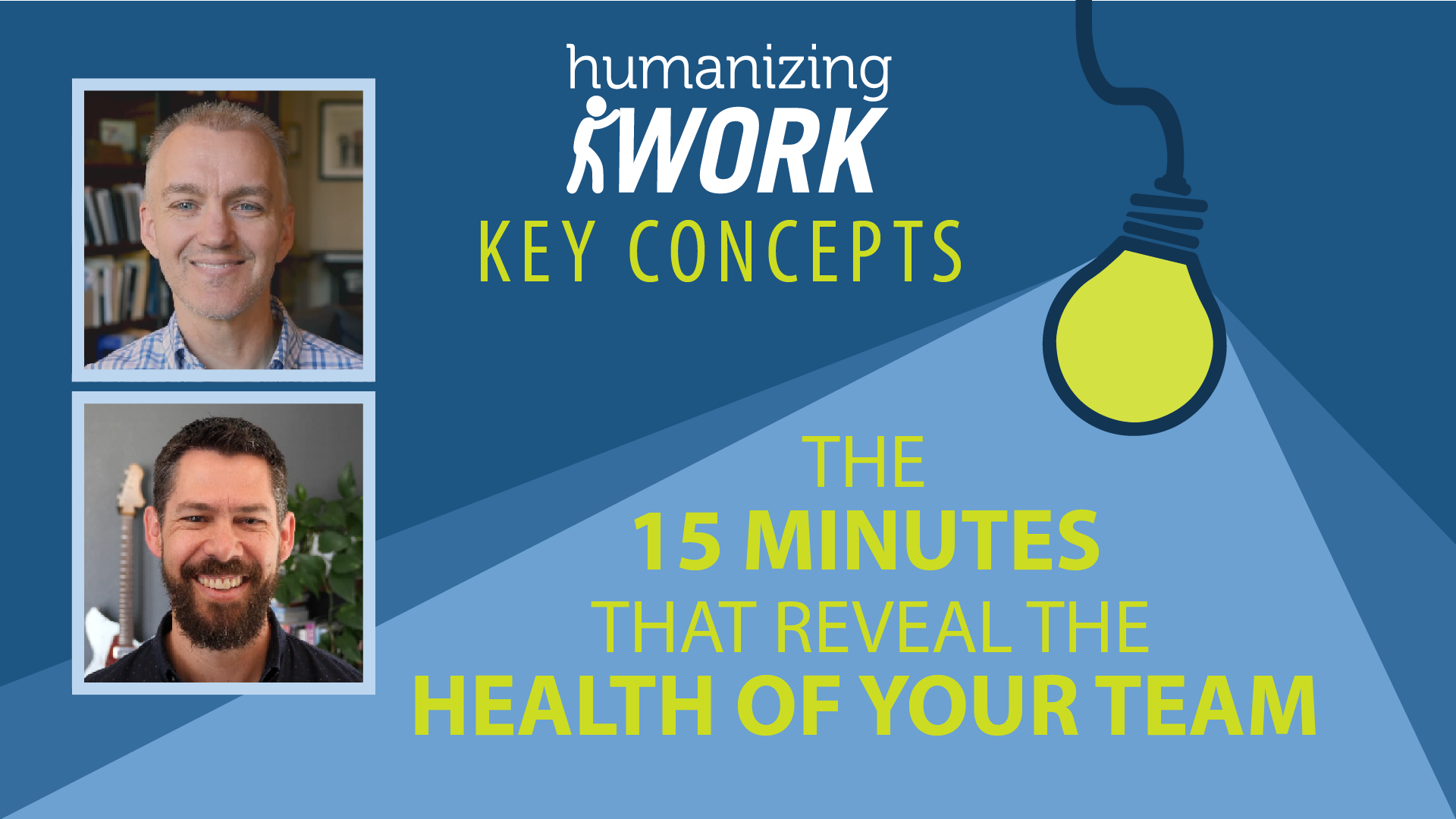
When the Product Owner role is going well, it’s super high-leverage. A good PO sets up a whole team to do more meaningful, valuable work. Read More
In this episode, Richard and Peter answer the question: “Our team is adopting Scrum, how does my role (as a developer) change?” Obviously, you’ll be doing Scrum now and you weren’t before, but beyond the obvious, there are three big ways you can expect your work to change. Read More
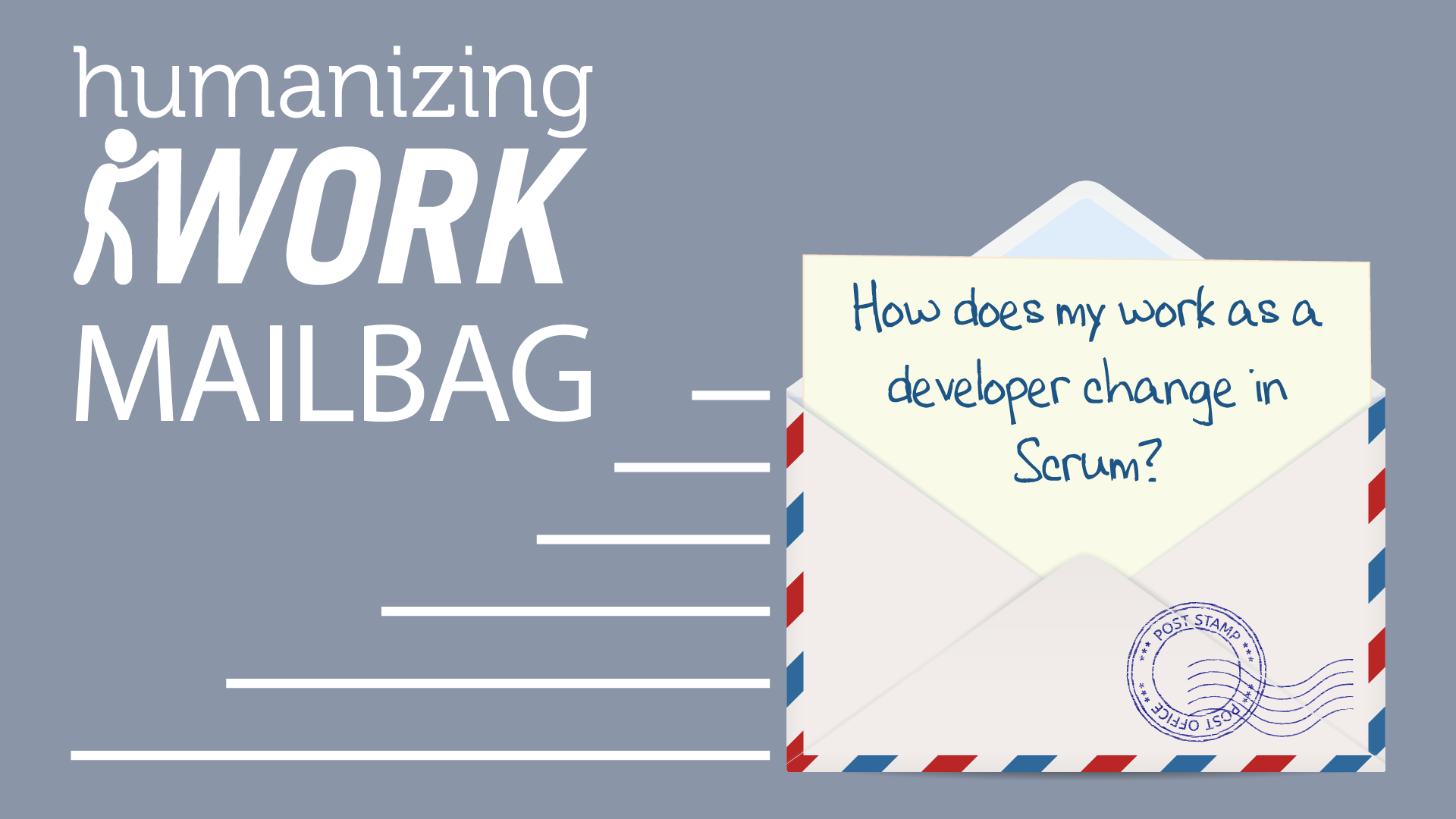
One sense of “doing Scrum well” is following the process, following the rules. Do you have the 3 Scrum roles clearly defined? Do you do… Read More
In this episode, Richard and Peter answer the question: “How much should we standardize across our organization? Is it important that our sprint lengths match, that we estimate the same way, that we use the same tools, that we report the same metrics, etc.?” Obviously, standardizing everything isn’t going to work, but neither will standardizing nothing. So, where do you draw the line? Read More
